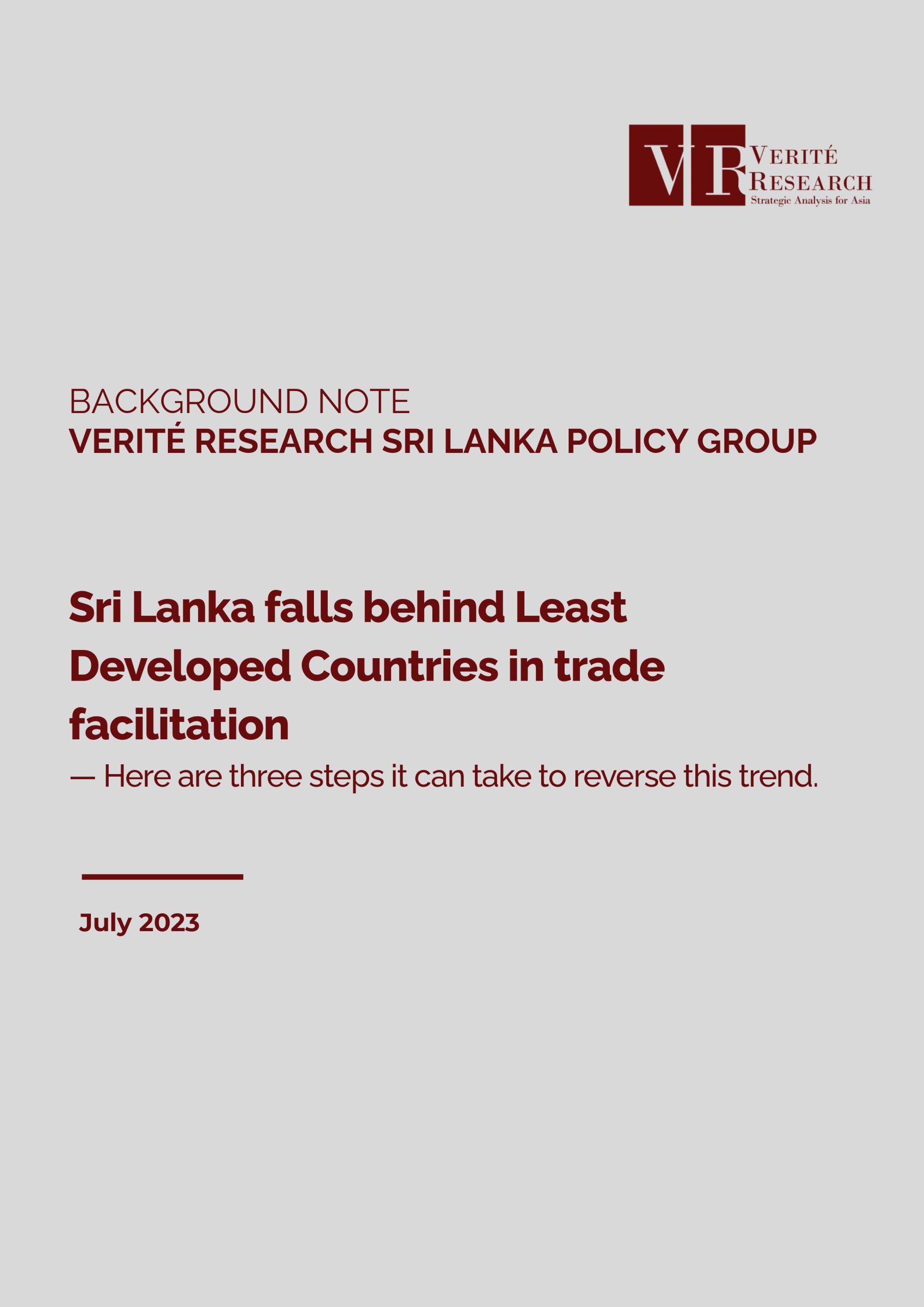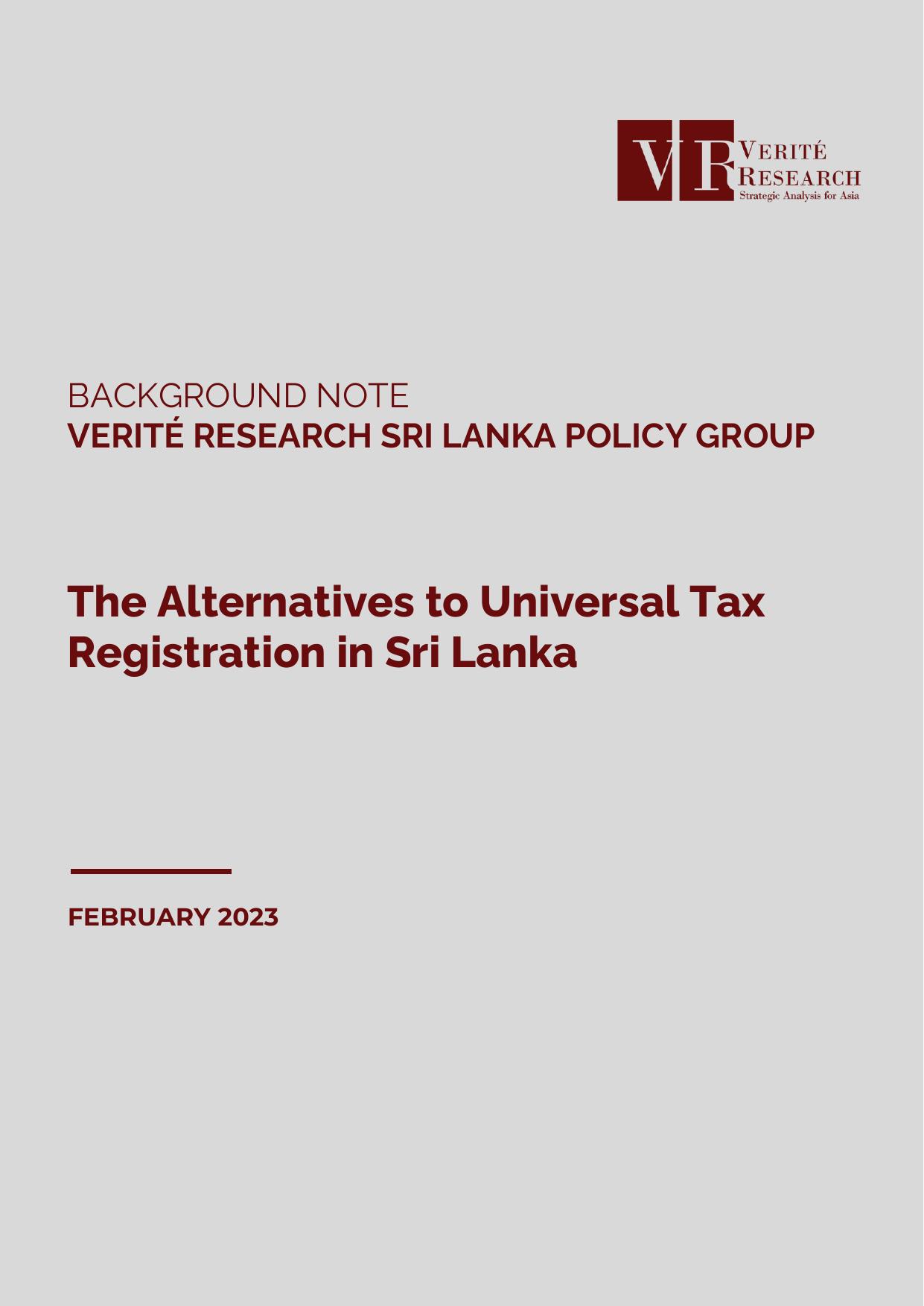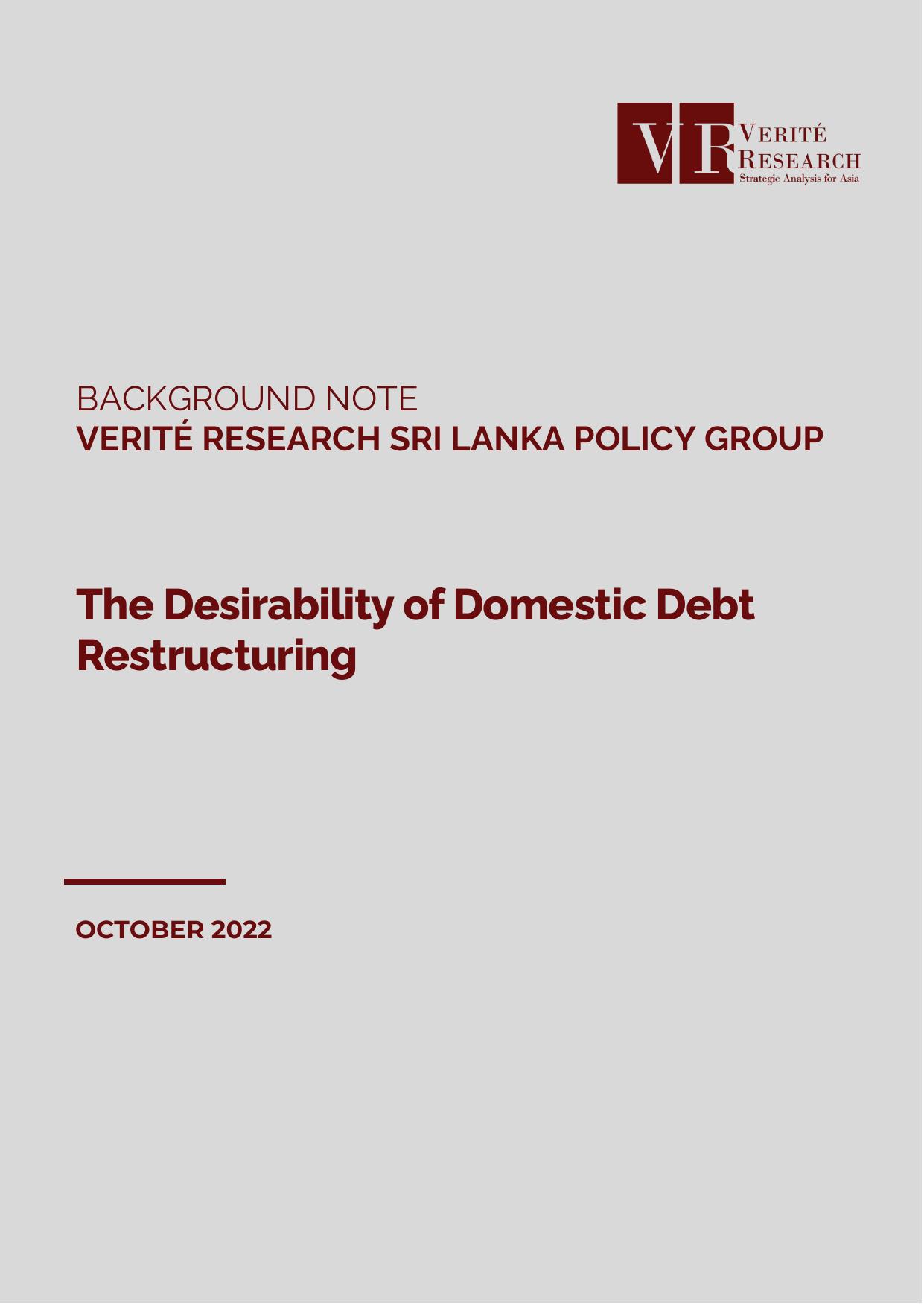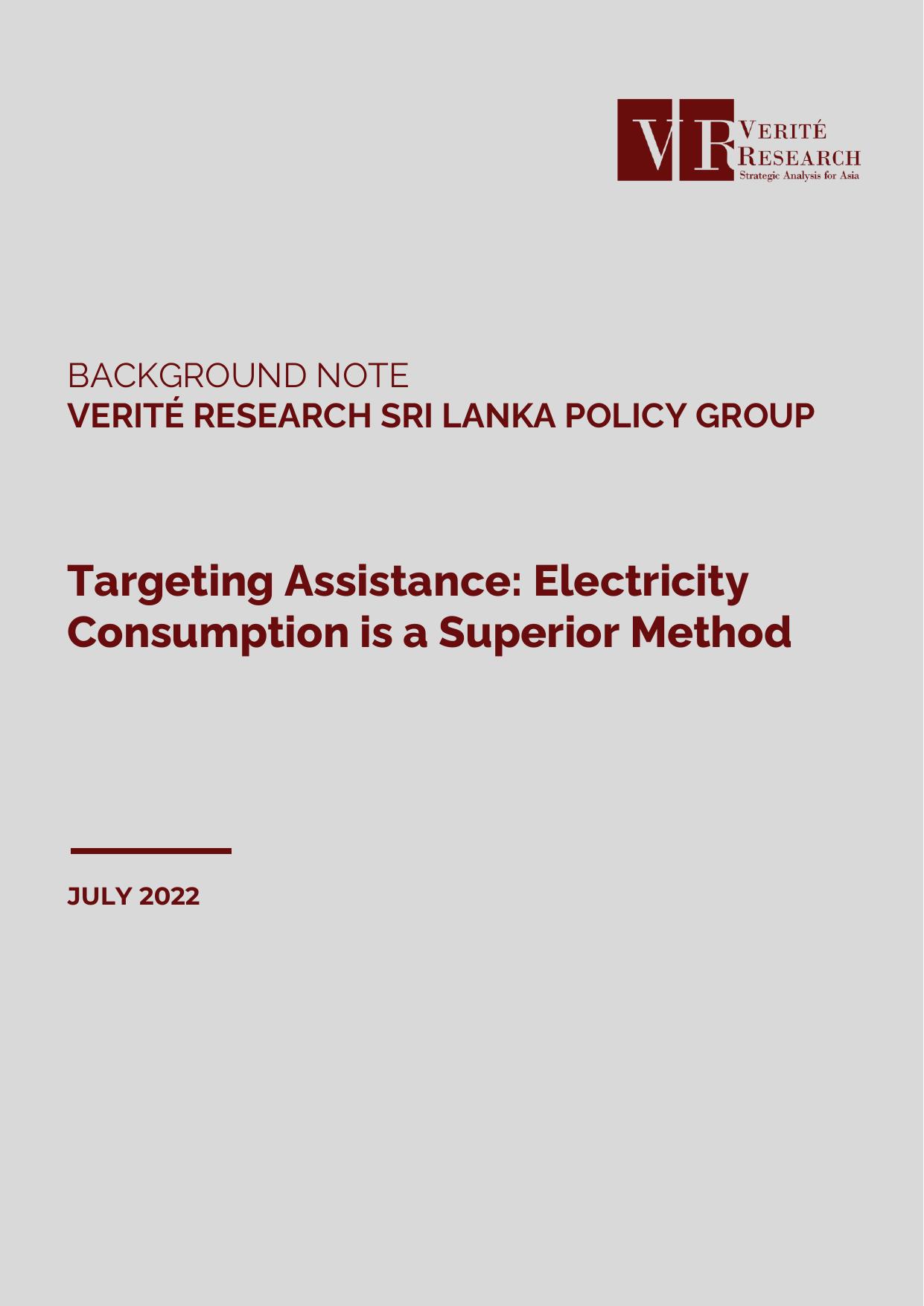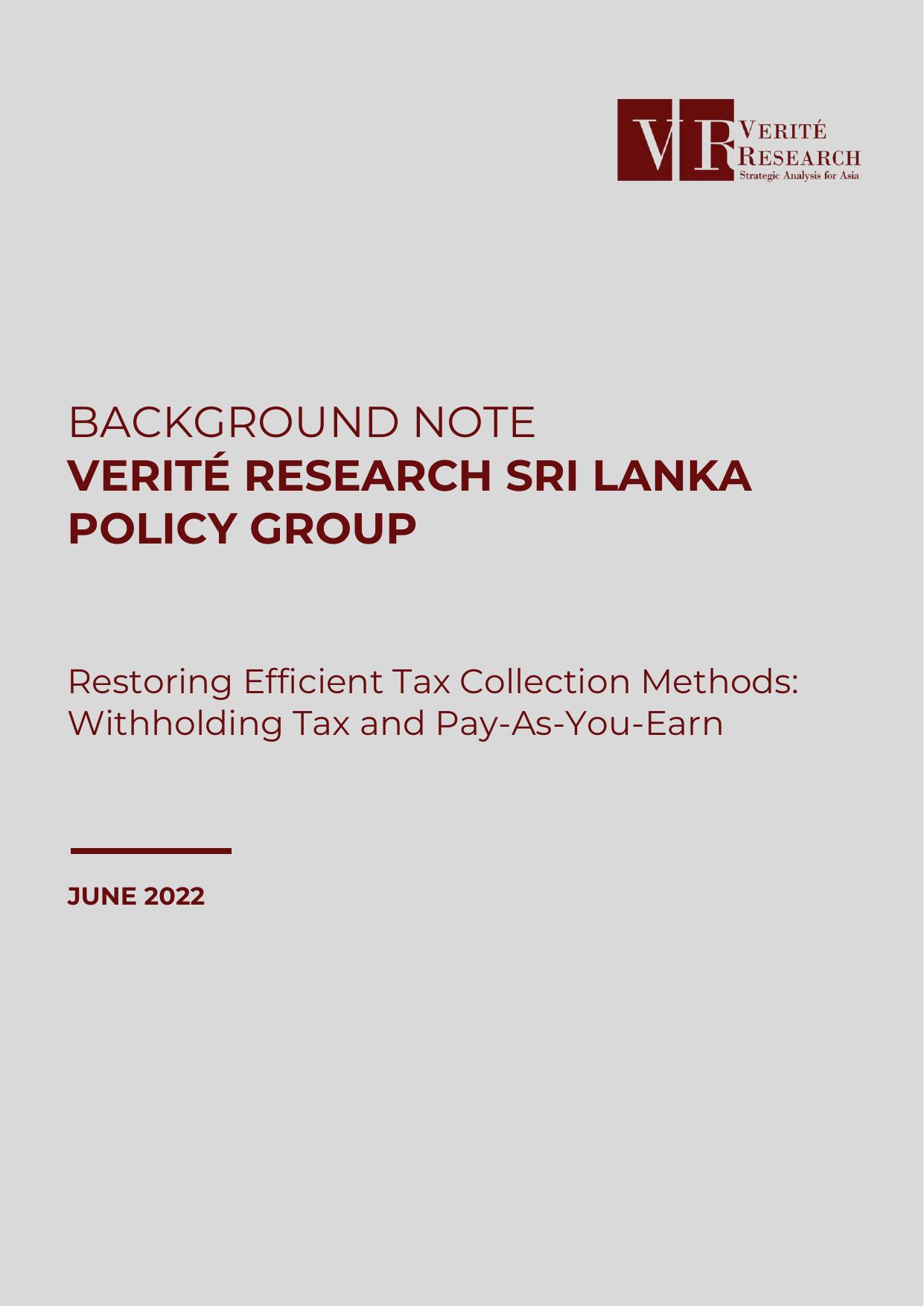This note proposes three steps Sri Lanka could take to construct and manage high quality Investment Zones, drawing from regional and global best practices. First, is enacting a separate, overarching legislation to govern Zones. Second, is enhancing the quality of Zones by mandating minimum quality standards and establishing minimum criteria for selecting investors to develop and manage Zones. Third, is preventing conflicts of interest by separating the roles and responsibilities of regulators, developers, and operators and establishing a level playing field by ensuring regulatory independence. Underlying these proposals is the recognition that Sri Lanka needs to have a more robust regulatory framework than what is provided in the Economic Transformation Bill (ETB) gazetted on May 14, 2024. The need for such a framework is higher in Sri Lanka, given the scarcity of land and intense competition in the Asian region for foreign investments. The recommendations address three critical problems that have made Sri Lanka fall behind many of its regional peers. s. First, Sri Lanka has under-invested in both the quantity and quality of Zones. Second, it has exclusively depended on the public sector to build and manage Zones. Third, the country lacks an appropriate regulatory framework to attract private…
While there may be numerous factors contributing to Sri Lanka’s sluggish export performance, this background note highlights an important one that puts Sri Lankan exporters at a disadvantage: the failure of the government to facilitate trade by making import and export procedures efficient, less costly, more predictable, and transparent. The comparison is done by using the notifications on progress made by countries under the World Trade Organisation’s Trade Facilitation Agreement (TFA) as a yardstick. The analysis finds that Sri Lanka’s progress falls below not only its competitors and peers but also the least developed countries. Out of the 125 developing and least developed countries, Sri Lanka (ranked 104th) is among the countries that have made the least progress in implementing measures to facilitate trade. Based on the findings, this note provides three lessons Sri Lanka can learn from the experience of others and provides an indicative list of ten measures Sri Lanka can prioritise to implement.
This note argues that the Sri Lankan government’s recent proposal to implement universal tax registration is neither a viable nor effective strategy to increase the country’s tax revenue. Instead, the note proposes four alternative measures that are more feasible, while still serving the same purpose of expanding the tax base and generating more revenue.
Sri Lanka faces a challenge to emerge from the continuing crisis. This background note argues that domestic debt restructuring (DDR) provides four benefits critical for the economy and country to emerge from the present crisis stronger and more resilient than before. First, DDR provides a pathway toward solvency for the Government of Sri Lanka. Second, it provides the foundations for the stability of the economy (macro stability). Third, it reduces the likelihood of needing subsequent sovereign debt restructuring, and fourth, it facilitates the equitable sharing of the burden of the costs of the crisis.
As Sri Lanka’s crisis continues, up to 50% or more of the population is likely to need state support, however current targeting through Samurdhi reaches just about a quarter of all households and only 40% of the poorest individuals. As such, this background note by the Verité Research Sri Lanka Economic Policy Group recommends household electricity use as a determinant of eligibility for welfare benefits.
This note by the Verité Research Sri Lanka Economic Policy Group estimates the additional revenue that can be collected from reinstating in Sri Lanka two methods of efficient tax collection that were discontinued in 2020. That is: the withholding tax (WHT) and the pay-as-you-earn (PAYE) methods of tax collection. Without any change in the current, reduced, tax rates, and a WHT of 10% the additional revenue that can be collected is estimated to be 0.70% of GDP (which is LKR 184.2 billion in 2023).

